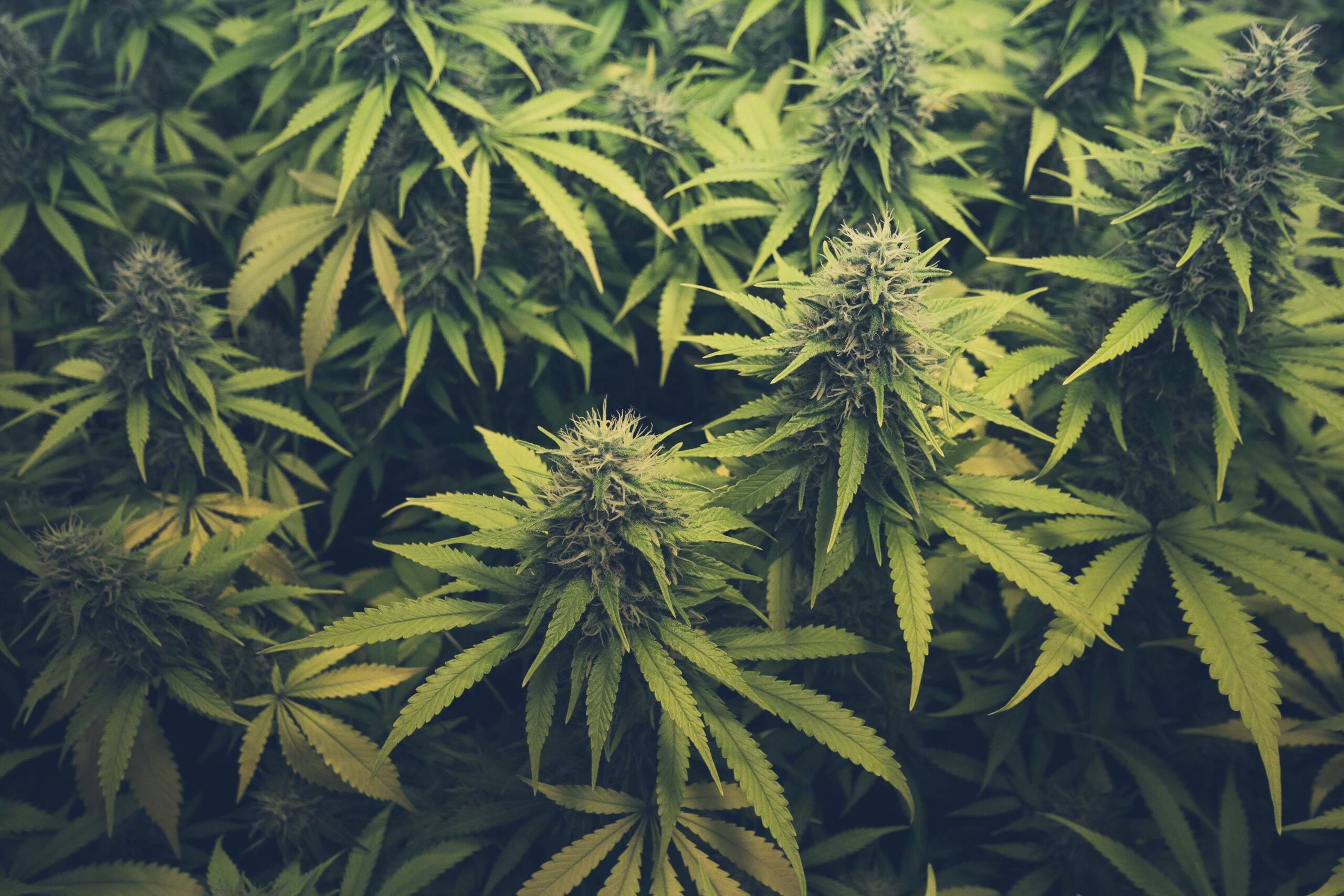The Outcome of Recreational Marijuana Ballot Measures
Recreational marijuana was on the ballot in three states — Florida, North Dakota, and South Dakota. None of these three measures passed. Currently, 38 states and Washington D.C. allow medical marijuana, and 24 states and D.C. allow recreational marijuana. Marijuana is still classified as a Schedule I controlled substance, which means it is illegal to possess, sell or distribute, although the FDA has approved several purified medications containing marijuana derived compounds.
Despite a push from supporters, this election demonstrated that changing the law to facilitate access to recreational marijuana is not inevitable. In fact, this was the fifth unsuccessful attempt by political action groups, largely funded by the marijuana industry, to allow recreational marijuana in Florida.
Proponents of recreational marijuana told voters it would create tax revenue, reduce drug related crimes, and help improve drug safety via production regulation. However, each of these claims warrants closer consideration.
The Appeal of Tax Projections
In Florida, medical marijuana is already a $2 billion industry. Political action group Smart & Safe Florida spent a record $110 million betting on Amendment 3, receiving $103 million from Trulieve alone. Trulieve advertises itself as the world’s largest medical marijuana retailer, with more than 220 locations nationwide, the majority of which are located in Florida. There are currently 1200 total medical dispensaries across Florida, with Trulieve capturing the market with a reported 39% share. Under Amendment 3, only licensed medical dispensaries would have been allowed to grow and sell marijuana. It would have allowed adults over 21 to purchase and possess marijuana. Amendment 3 would have offered a significant business advantage to existing dispensaries, because applying for business licenses can cost hundreds of thousands of dollars, and start-up costs can be millions more.
Economists predicted a massive uptick in sales of recreational marijuana, with estimates of projected tax revenue for the state of Florida ranging from $196 to $430 million annually. Despite optimism, lessons from other states suggest these projections for tax revenue were likely overinflated. The Drug Enforcement Administration reports that as states modify their marijuana laws, the illicit market blossoms by operating under the cover of lenient laws. Some economists say the vast majority (75%) of marijuana is still illegally produced and sold at a cheaper rate by evading taxes in states that allow marijuana sales. In California, registered companies operating under the state’s law owe the state more than $730 million in back taxes. Seventy-two percent of back taxes are owed by businesses that have defaulted and shuttered their doors, which means the state will not receive that revenue.
Higher Potency and Our Health
How people are using marijuana — and the drug itself –— has changed. After Colorado passed the law to allow recreational marijuana, people who reported using marijuana in the past month increased 26%. People are using it more often, too, with 42% of users reporting daily or almost daily use. Marijuana used to contain about 1.5% THC. Potency has skyrocketed in the past few decades, with dispensaries now offering products containing 30-40% THC. Certain products, such as dabs, oils, and edibles, can even contain up to 90% THC. Higher potency means an increase in health risks and even emergency department admissions for acute marijuana intoxication — vomiting, paranoia, anxiety, disorientation, abnormal heart rhythms, and psychosis.
Marijuana affects learning, memory, and performance during use, and can create residual cognitive impairment. Current research suggests if adolescents use marijuana, it increases their risk of developing schizophrenia, depression, and doubles their risk of psychosis. In Colorado, the percent of suicide incidents in which toxicology results were positive for marijuana more than doubled once the recreational market opened. Some research suggests laws that facilitate recreational marijuana also generate significant social costs by increasing chronic homelessness and neighborhood crime.
Illicit Markets and Crime
Smart and Safe proclaimed that thousands of people are arrested every year in Florida for marijuana, and Vice President Kamala Harris chided that “no one should go to jail for smoking.” For decades, the Department of Justice has published reports correcting the misleading characterization that prisons are filled with people solely convicted of marijuana possession. Despite state level differences, there were zero reported arrests for marijuana possession per 100,000 people in Florida based on state law violations. Since 2022, there are zero federal prisoners serving a sentence for marijuana possession.
Allowing marijuana use does, however, usher in a parallel — and in some states a dominant – criminal market. NBC and CNN illustrate the thriving illicit sales in states across the U.S: buyers purchase “grow houses” or tracts of land for illegal growing operations, sell the product at discounted rates to licensed storefronts, obtain licenses by fraud, or operate illegal stores that appear legitimate. Perhaps most surprising are the players behind the illicit growing operations. Chinese organized crime is engaging in a combination of marijuana production, money laundering, human trafficking, and using the profits to buy fentanyl precursors to hand to Mexican drug cartels. In Oklahoma, the State Bureau of Narcotics shut down 3,000 illegal growing farms, estimating 80-90% of operations were linked to Chinese organized crime.
Voters considered — and rejected — Big Marijuana’s plan and the crime that attaches to drug economies. Allowing recreational marijuana may sound harmless, but invites destruction to our health, public safety, and fuels criminal enterprises.
\
